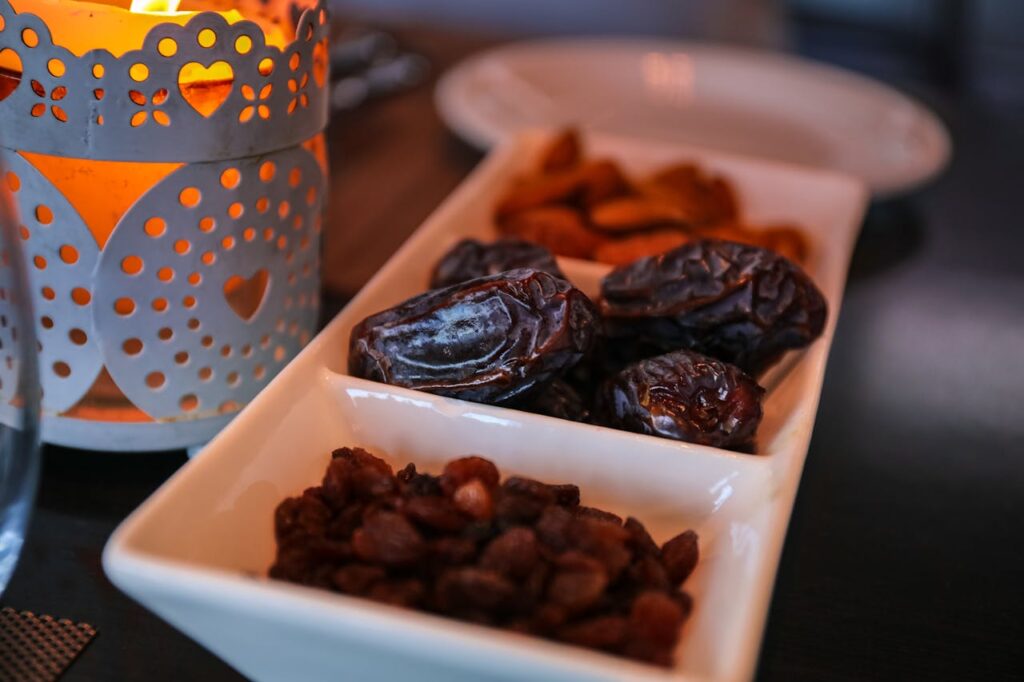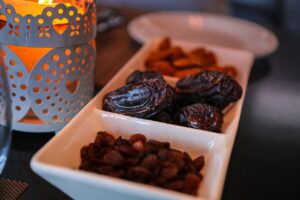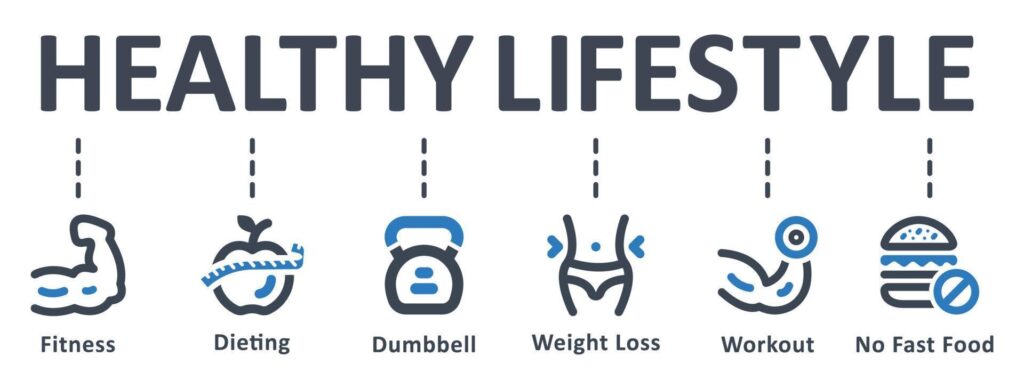
Our Story and Mission



What Users Say
Hear from our empowered community.
Fasting Planet transformed my health and sleep routines completely!
The guidance on this site is invaluable for beginners like me.
Blog
Trusted CPAP Mask Brands Every User Should Know About
Choosing trusted CPAP mask brands, such as those available at Air Liquide Healthcare, is a…
CPAP Masks Explained: Finding the Right Fit for Comfortable Sleep
Continuous Positive Airway Pressure (CPAP) masks are vital medical devices for individuals with sleep apnea,…
Complete Guide to Sleep Testing Sydney: When, Why, and How It Can Help You Sleep Better
Sleep is one of the most critical components of a healthy lifestyle. However, countless individuals…
Sleep Study Melbourne: What to Expect and How to Prepare for Better Sleep Health
Sleep is essential for maintaining good health, yet millions of Australians suffer from sleep disorders…
History of Fasting: All You Need To Know
Each time you go on a fast, you’re following a time-honored tradition that dates back…
Electrolytes and fasting: All you need to know
After a hard workout, you sip on a Gatorade or another brand of sports drink…
Our Journey
Visual stories of health and wellness.














